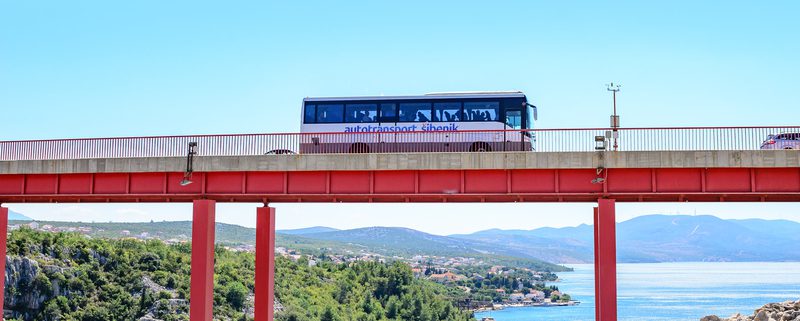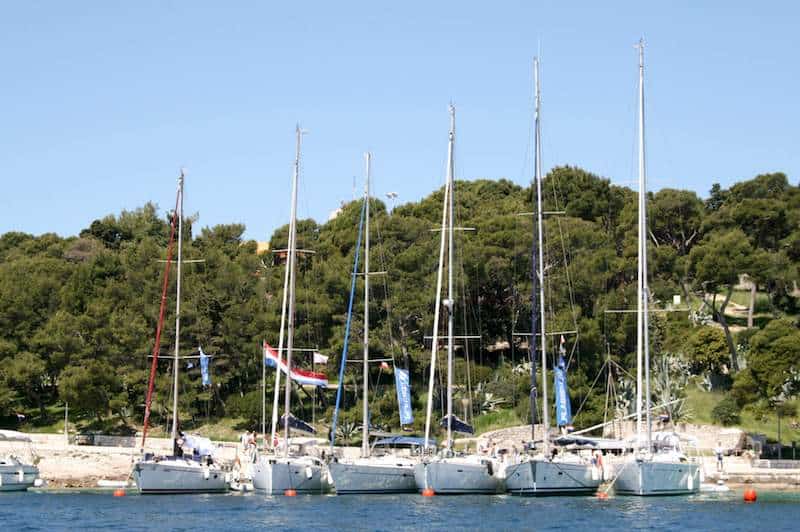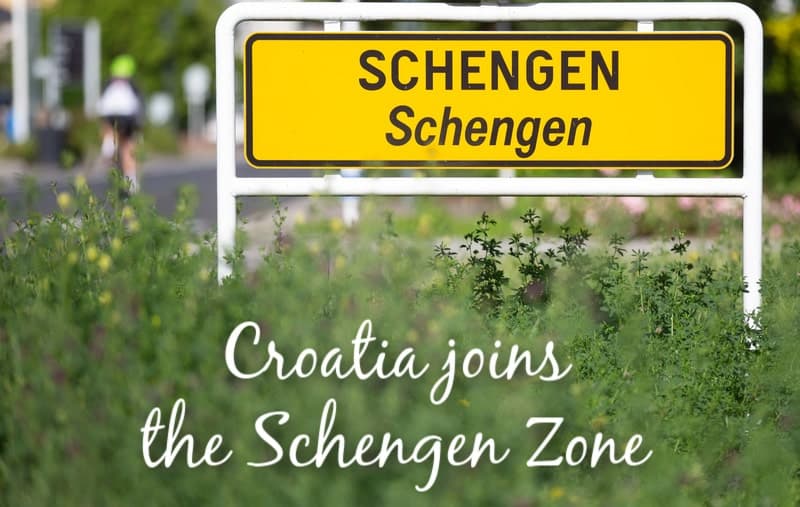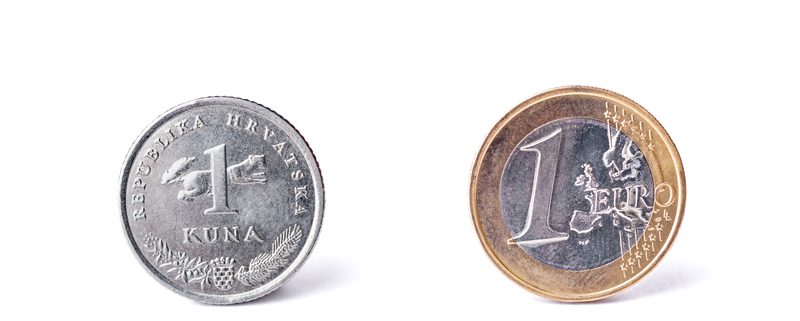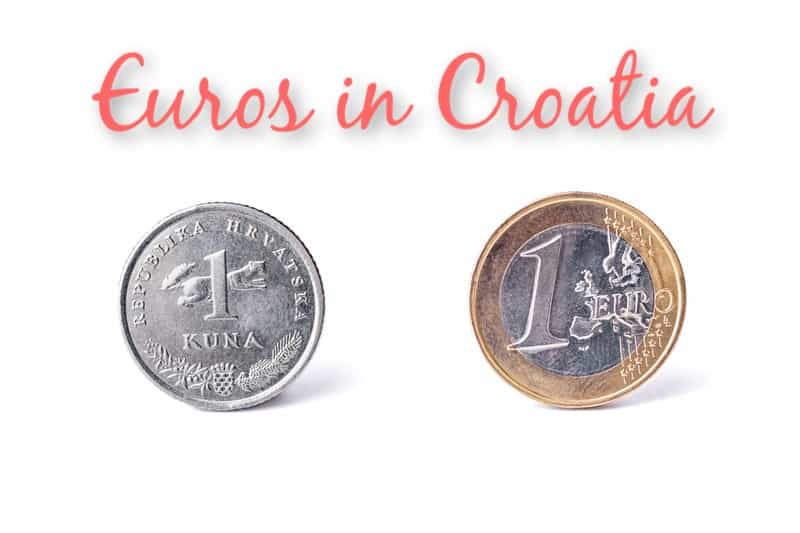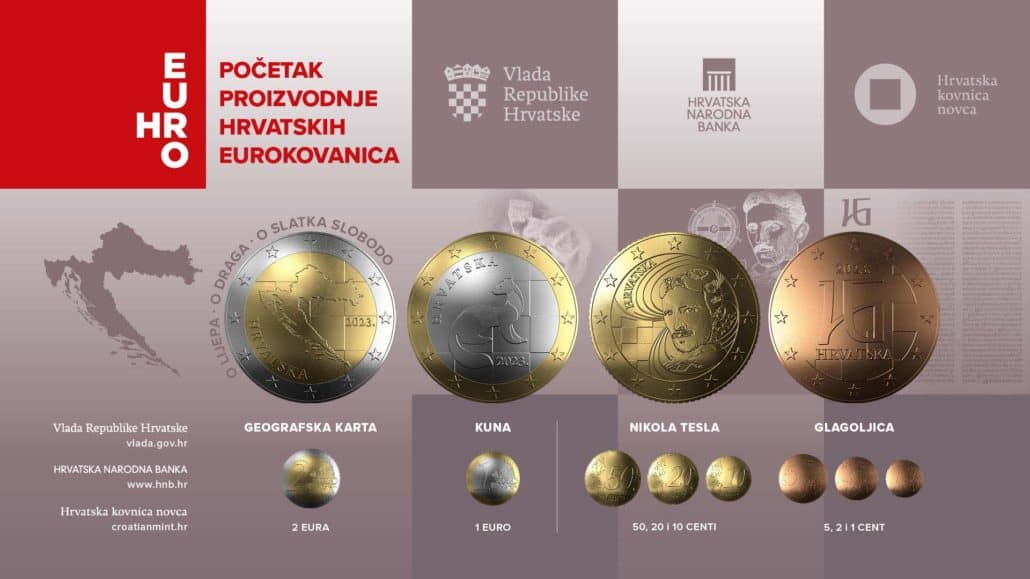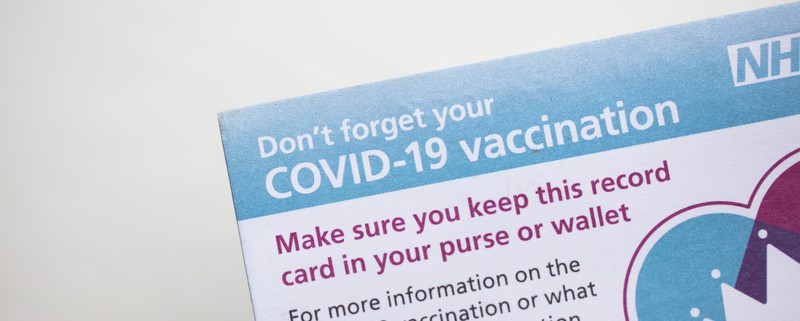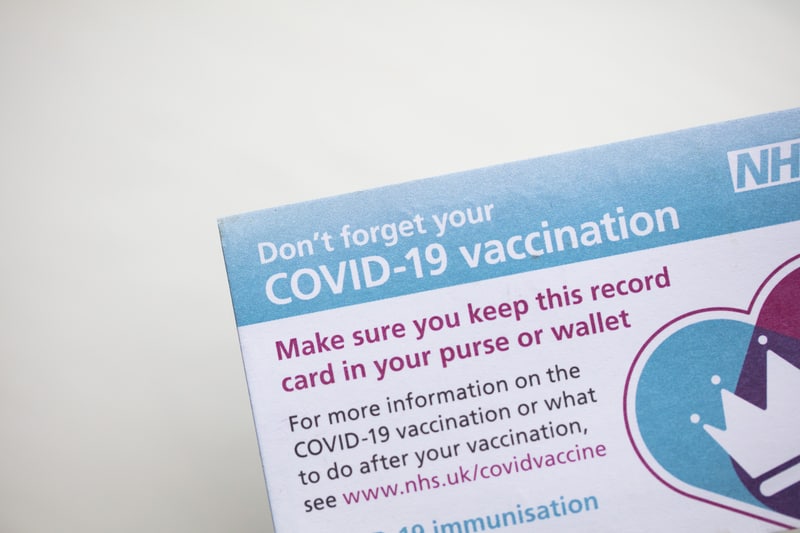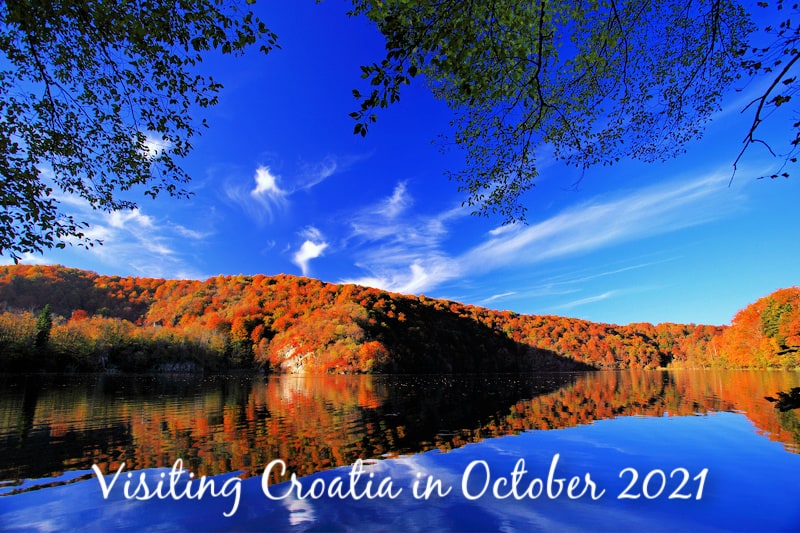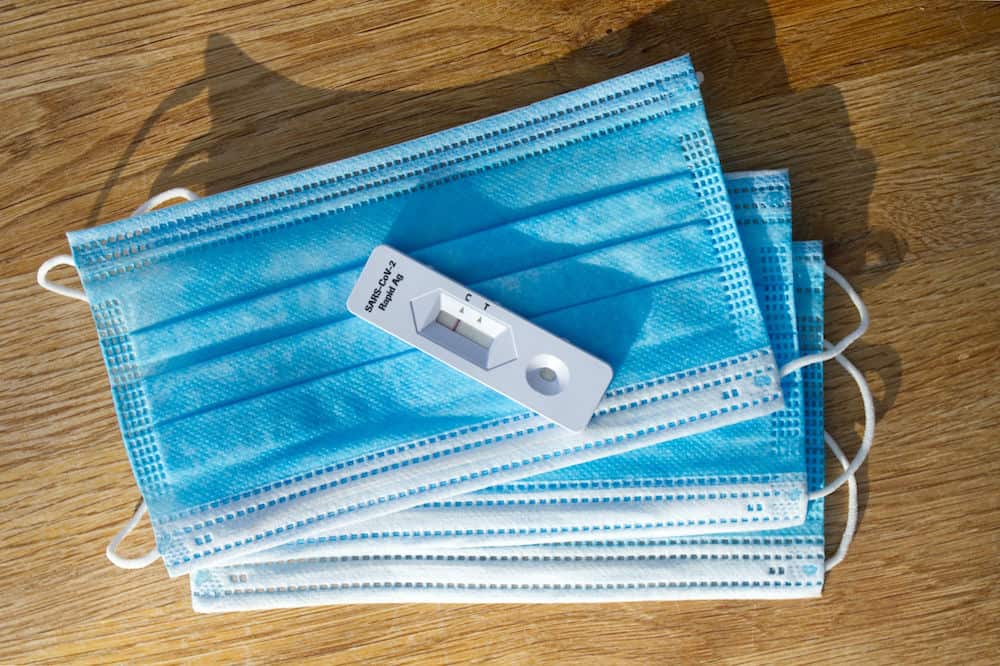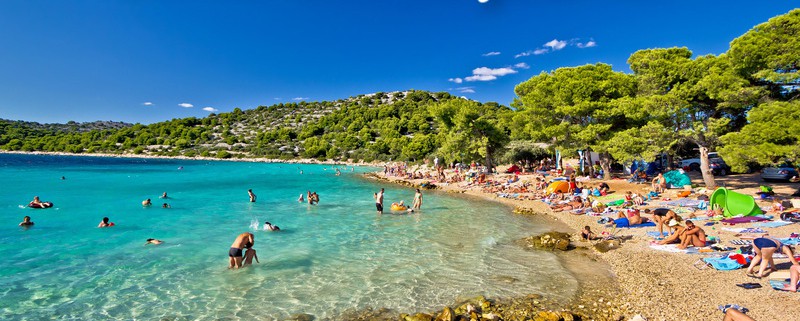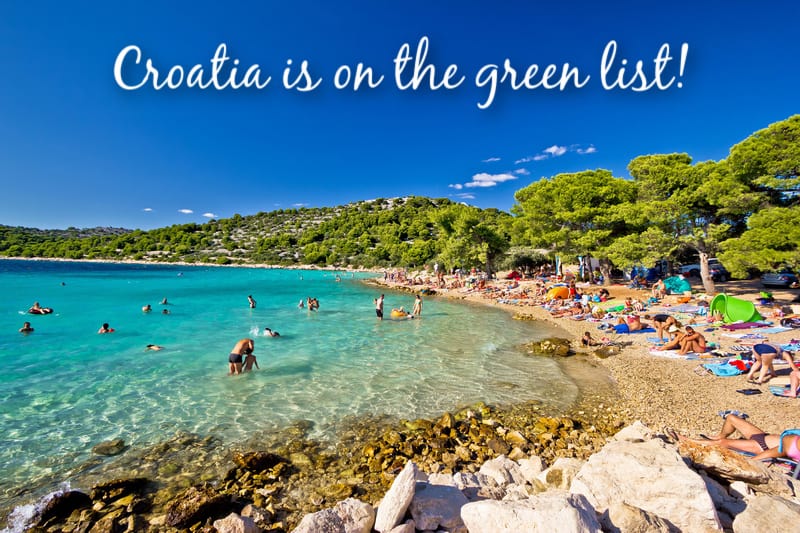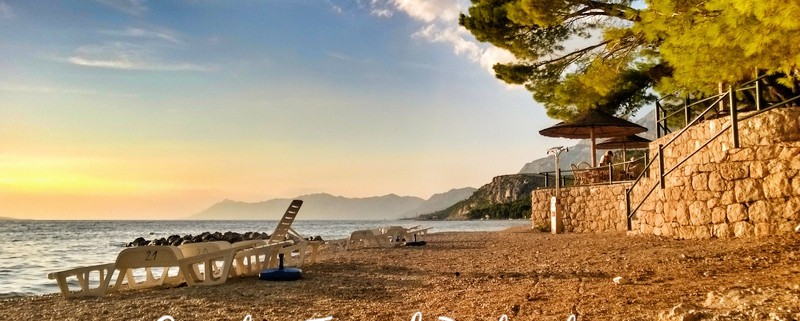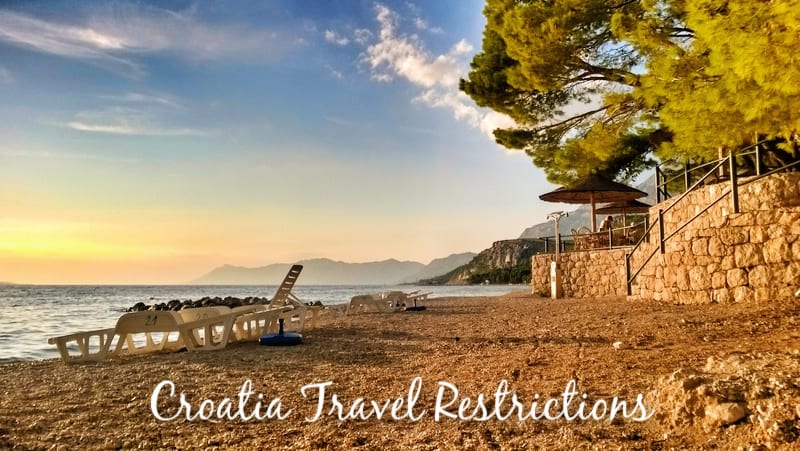The best ways of getting around Croatia
Croatia doesn’t lack transport options or decent infrastructure in any way, but here are a few helpful hints and tips you should know for the best ways of getting around Croatia.
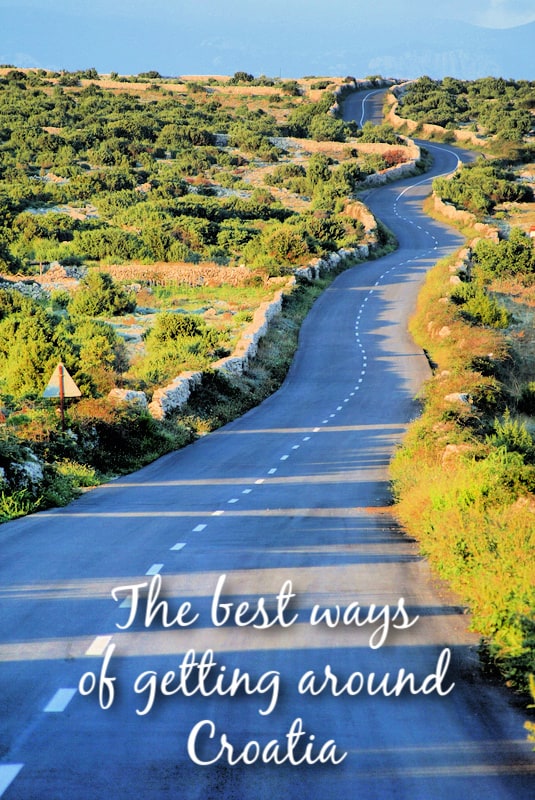
The best ways of getting around Croatia – Bus
We’ll start with perhaps the best one! Croatia’s bus network is very, very extensive and far more so than the train network (more of which later). Buses connect all the major towns and cities in Croatia, and plenty more places besides; there are also normally local buses operating on routes in and around major cities – for example, with the city buses in Split you can reach Trogir or Omis, whilst the Dubrovnik bus network can take you to Cavtat or Dubrovnik Airport to the south or Ston and the Peljesac Peninsula to the north.
Bus travel is relatively cheap, although there’s no option for anything like a ‘bus pass’ allowing unlimited travel, which might be handy. Having said that, there are many bus companies operating in Croatia – see our Bus Travel in Croatia page – and it’s very unlikely you’d want to limit yourself to just one company anyway. You can normally make savings if you book return tickets (if you’re making a return journey, of course!) and some companies give savings if tickets are booked online – e.g. Autotrans.
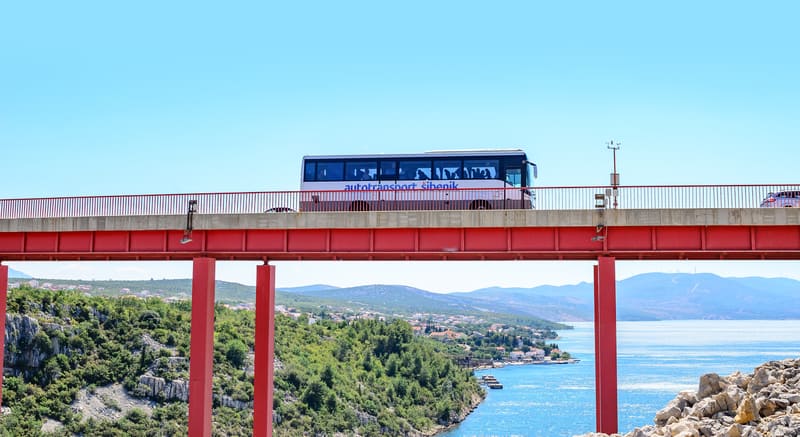
Some bus routes even utilise local ferries so you can use them to get onto the islands – for example, if travelling from Dubrovnik to Korcula. Other islands are connected to the mainland by bridge – namely, Krk and Pag – so bus travel is often the best way of getting to these places.
The best ways of getting around Croatia – Train
Travellers to mainland Europe often have quite a romantic notion of train travel and the classic gap year/young adult pursuit of interrailing. Which is completely understandable – travelling around a large territory such as Europe is fun! Not to mention that certain countries – France, Italy, Germany, and Spain – now have some rather speedy rail services that will zip you from city to city in just a few hours.
However, you can’t really say much of this for Croatia! The rail network has been underfunded for many years now (the road network, in contrast, has been built to provide modern motorways) and, by and large, it is not very extensive. Zagreb is the main rail hub and there are services stretching out from this city to some of the main towns and cities (Rijeka, Split, Osijek, Varazdin) but not all that much in between other locations.
There are also very, very few services along the coast!
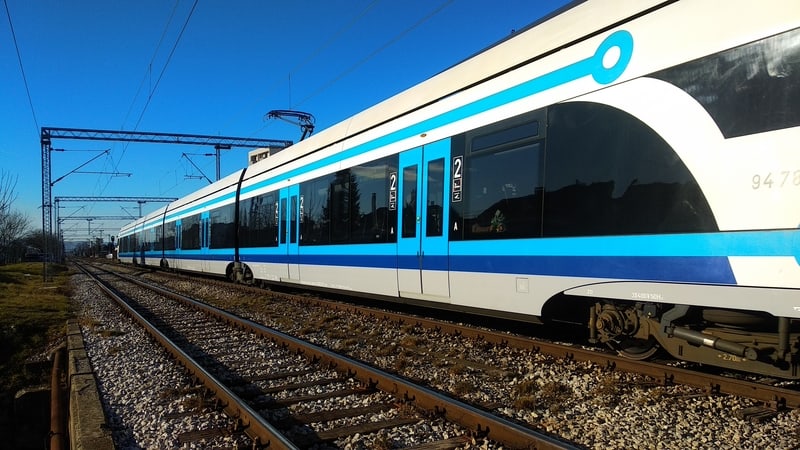
Additionally, some routes will be quicker by bus which utilises a motorway route rather than on the slow rail network – Zagreb to Rijeka is two and a half hours by bus but four hours by train. Zagreb to Split can be as fast as four and a half hours by bus (it really depends on which bus you take and how many stops it makes) but it’s six and a half or eight and a half hours by train.
If you did want to undertake a train route in Croatia (and didn’t mind the extra journey time), we would recommend Zagreb to Split…or vice versa. It is a very scenic route!
The best ways of getting around Croatia – Flying
Flying is obviously the quickest option for getting around Croatia, there’s no disputing that! The country’s main airline, Croatia Airlines operates flights connecting Zagreb with Pula, Zadar, Split, Dubrovnik and Osijek, and even the tiny airport by Bol on the island of Brac.
There are also flights connecting Pula with Zadar and Osijek, Split with Pula, Rijeka and Dubrovnik and Rijeka with Split and Osijek. If there are no direct flights for the route you want, you should be able to travel by connecting in Zagreb. Take a look at our Flights in Croatia page for the full timetable for this year.
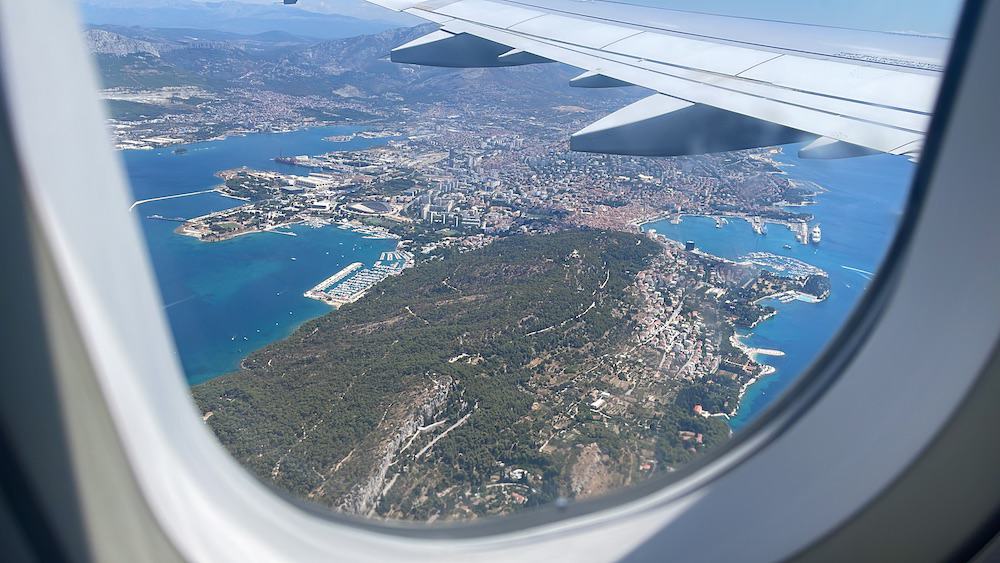
Charter airline Trade Air also operates in Croatia, and you can book their flights on the Croatia Airlines website as well.
Understandably, flying is the most expensive way of getting around Croatia but the cost may be worth it if you’re looking to travel quickly. But don’t forget to factor in the time (and cost) required to travel to and from airports.
The best ways of getting around Croatia – Ferries
Well, for the most part, you can hardly escape travelling by ferry (or catamaran) if you want to get onto the islands…right? (Putting aside islands such as Krk and Pag which are connected to the mainland by bridge.)
Catamarans are of course faster than ferries but there are few routes on which both a catamaran and ferry operate. One exception is Split to the island of Vis – to show you the comparison in journey time, by catamaran it takes 1 hour 25 minutes whilst by ferry it is 2 hours 20 minutes. (Both of these routes are run by Jadrolinija.)
Similarly, Split to Vela Luka on the island of Korcula takes 2 hours and 5 minutes and by ferry, the journey takes 3 hours 30 minutes. (Again, both routes are run by Jadrolinija.)
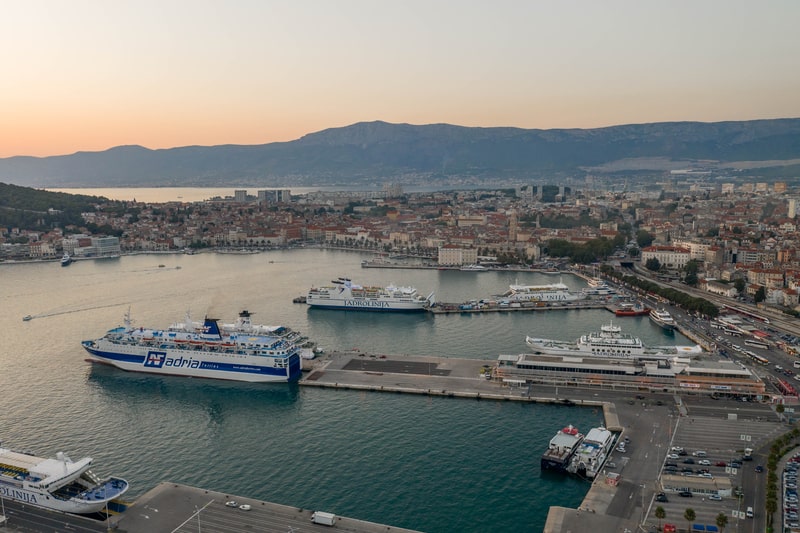
Having said this, ferries tend to be a far more scenic mode of transportation. Almost all of them allow you to sit up on the deck and watch the beautiful Adriatic and its islands go by. Catamarans have little in the way of outdoor space (if any!) and can also be rather noisy.
Catamarans tend to run on some of the longest coastal routes – for example, Split to Dubrovnik and Pula to Zadar. Sadly the once long-running coastal ferry from Rijeka to Dubrovnik stopped operating a number of years ago.
Ferries will absolutely be your chosen method of transport if you’re travelling with a car. Catamarans only accept foot passengers!
Take a look at our Croatia Ferries Map to get an idea of whether catamarans or ferries operate on the route wish to make!
The best ways of getting around Croatia – Road
Renting a car when in Croatia undeniably gives you the freedom to explore at your own pace, and to set your own route for wherever you’re trying to get to – and allowing you to go “off-plan” whenever you want!
However, renting a car can be the most expensive way of travelling around Croatia and you will also have to factor in paying tolls (if you make use of motorways) as well as parking charges when visiting towns and cities.
But if you’re sharing the rental with someone else (or a few of you), it can work out to be relatively reasonable. And you’ll be able to schlep all your belongings around without any effort at all!
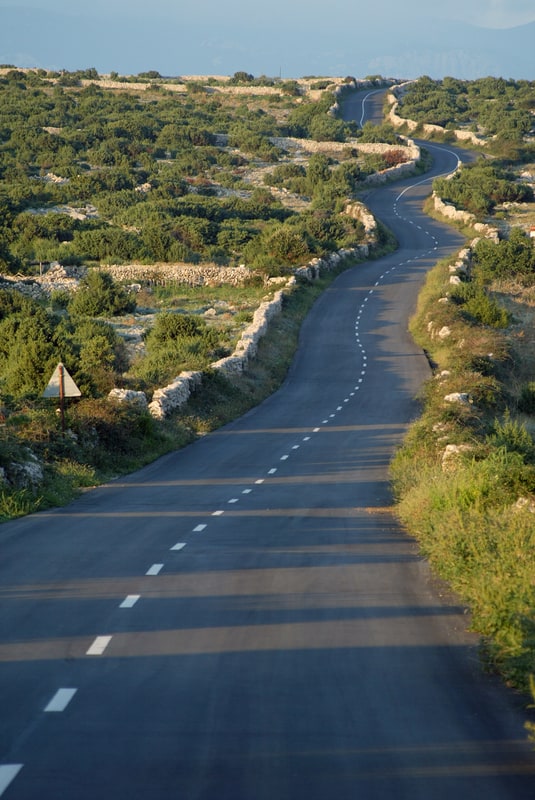
The best ways of getting around Croatia – Taxi
We obviously wouldn’t suggest taxis in Croatia as a mode of transport for long distances! But they’re a reasonable way of getting around a small area if you don’t have a rental car and don’t want to rely on public transport.
Almost all towns and cities have a good selection of local taxi companies who you can call to book a taxi. Ask at your place of accommodation for a recommendation.
Riding-hailing apps such as Uber and Bolt exist in Croatia and are a super-easy way of getting a taxi. If you haven’t used them before, you may end up getting a small discount as a first-time user.
So what is the best way of getting around Croatia?
The best way of getting around Croatia probably depends on how much time you have for travelling around the country, and what your itinerary specifically is.
If you’re happy with renting a car, we’d say this is probably the best way of getting around Croatia as it gives you the most flexibility!
If you’d prefer to go down the public transport option, we’d suggest getting around Croatia by bus. The bus network is very good and bus travel is relatively cheap.
Catamarans or ferries will of course be the way to go to get to the islands!
Why not combine some of the above during your holiday? Rent a car for a week (or a portion of a week) to explore a certain region, and then rely on public buses or ferries for the remainder?

